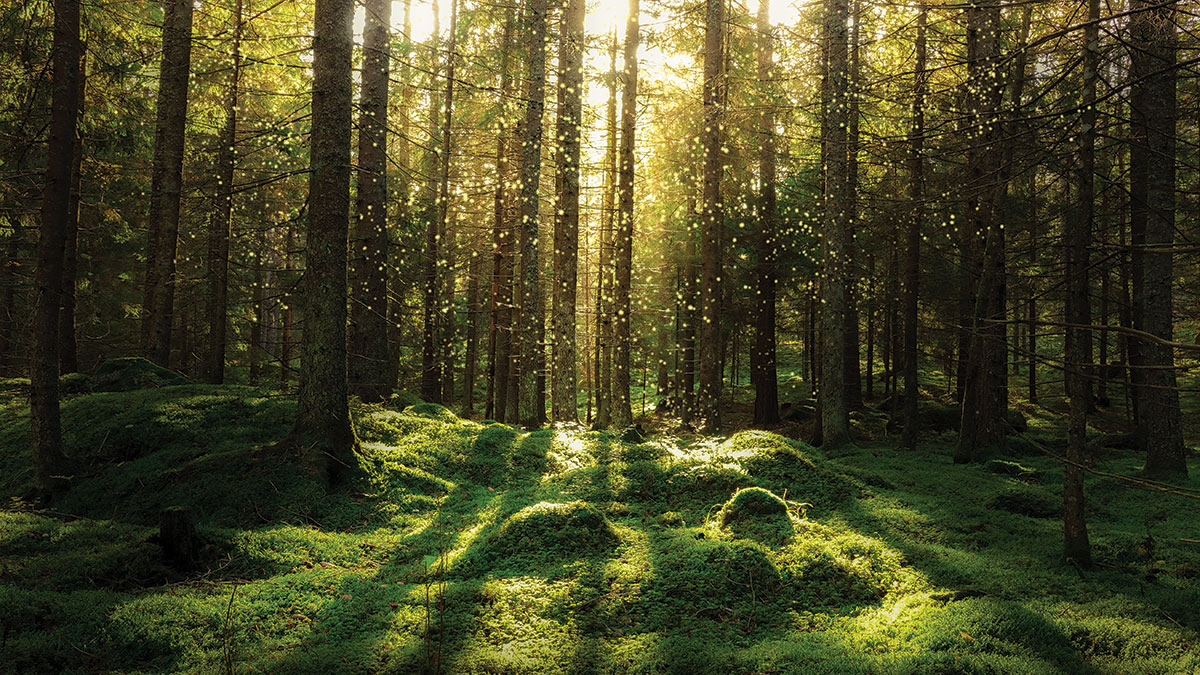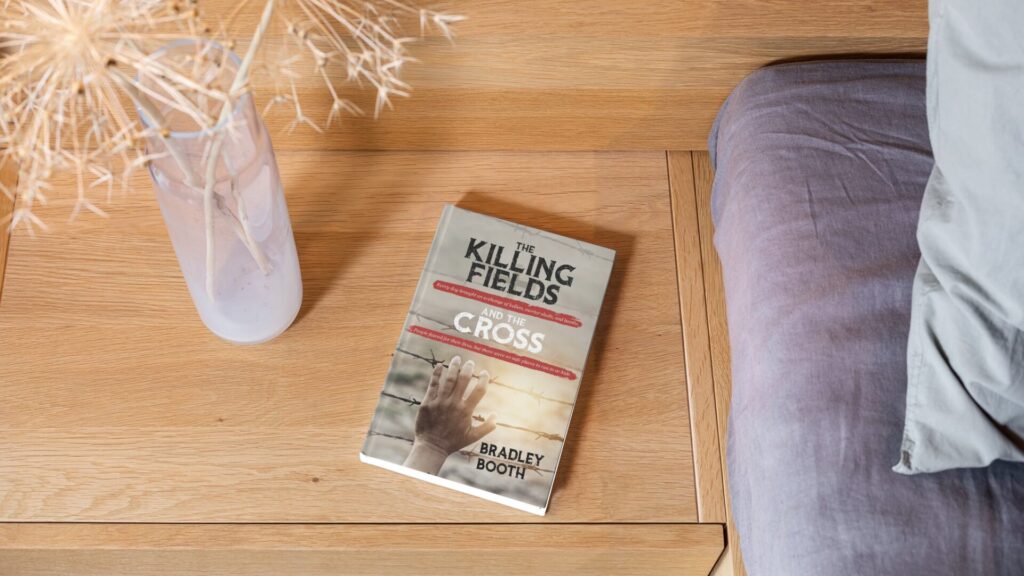In the summer of 1791, Joseph Haydn heard Handel’s Messiah and Israel in Egypt oratorios for the first time, performed by a massed choir and orchestra in Westminster Abbey.
Haydn was 59 and the most famous composer in Europe. Yet he was “deeply moved by the grandeur of the music and by its immediate effect on the audience”.1 He told a friend he would like to compose something similar. The friend “took his Bible in his hands and said, ‘There, take that, and begin at the beginning’.”2
Haydn did exactly that. Charles Darwin was not yet born, and Haydn’s librettists felt no pressure to try to conform the biblical text to a conflicting theory. Together, they simply rendered it in music.
The Creation (Die Schöpfung in German, the language Haydn grew up with) premiered in 1798, a rather insecure year for Catholics like Haydn, as Napoleon’s army had removed the papacy from power (and shot the nose off the Sphinx). That same year the Cherokee nation signed a treaty with the United States, the Society of United Irishmen rebelled against British rule and Europeans first set eyes on the platypus.
Haydn wrote, “Never was I so devout as when I composed The Creation. I knelt down each day to pray to God to give me strength for my work.”3 Haydn wanted this work to inspire “the adoration and worship of the Creator”, by encouraging the listener into “a frame of mind where he is most susceptible to the kindness and omnipotence of the Creator”.4
If a musical idea did not come easily to him, he said, “I try to find out if I have erred in some way or other, thereby forfeiting grace; and I pray for mercy until I feel that I am forgiven.”5
Haydn had no easy life. Born to a poor family, he earned a living as a choir boy—until his voice broke. A friend suggested he become a castrato but his father refused. For the next eight years, Haydn lived where he could—with friends, on the street, “in a miserable little garret without a stove”—and barely survived by giving music lessons. Eventually he became a music teacher in a noble family, and then Kapellmeister at the estate of Prince Esterházy, a prestigious and well-paid appointment, even if a regional one.
Mozart once said, “Haydn alone has the secret both of making me smile and of touching my innermost soul.”6
Haydn’s zest for life, deep Christian faith, and musical and dramatic gifts all combined to produce a profound setting of the creation account that touches heart, mind and soul. [pullquote]
A Swedish diplomat wrote about the moment the Viennese public first heard The Creation: “At that moment when light broke out for the first time, one would have said that rays darted from the composer’s burning eyes. The enchantment of the electrified Viennese was so general that the orchestra could not proceed for some minutes.”7
More than 200 years later the same electrifying enchantment still awaits all those who listen carefully to Haydn’s exciting portrayal of the creation of light, sun, moon, stars, sea creatures, animals and birds, as sung by three archangels, Raphael, Uriel and Gabriel, and a choir of angels in Part I and Part II of The Creation.
Part III is performed less these days. It contains the songs of Adam and Eve in the garden of Eden. Adam sings “Our duty we have performed now . . . Then mayest thou feel and know / The high degree of bliss the Lord allotted us.”
Eve sings to her husband, “Thy will is law to me . . . and from obedience / Grows my pride and happiness.” Adam replies, “Graceful consort, at thy side / Softly fly the golden hours.”
This section seems more influenced by John Milton’s Paradise Lost than the Bible, which suggests male domination is part of the curse of sin and the Fall.
Haydn may be forgiven for this depiction of marriage. He fell in love with a girl named Theresa. Her father, a wigmaker, had helped him in his younger years but Theresa’s parents made her enter a convent. Stunned, Haydn proposed to her older sister Maria instead. They were incompatible and there were infidelities on both sides. Haydn said, “My wife was incapable of bearing children and thus I was less indifferent to the charms of other women.” Maria had no respect for his musical gifts and even cut up his manuscripts to use as paper hair curlers. They separated but, as Catholics, could not divorce. Haydn financially supported her throughout her life, even as he wished he was free to marry a widow he loved in England.
A disappointing personal life did not destroy Haydn’s exuberance in music and worship. Composing Agnus Dei, qui tollis peccata mundi (Lamb of God, who takes away the sins of the world), Haydn said he was seized with “uncontrollable gladness” and his heart “leapt for joy”. When criticised by some in the Church for being irreverently joyful, Haydn replied, “Since God has given me a cheerful heart, He will forgive me for serving Him cheerfully.”8 He said, “When I sit at my old worm-eaten piano, I envy no king in his happiness.”
Before his death, Haydn told a friend, “I have only to wait like a child for the time when God calls me to Himself.”9
Haydn’s immortal The Creation remains one of the most frequently performed oratorios, next to Handel’s beloved Messiah, which inspired it.10 When you next have the opportunity to listen to a performance may you too feel “susceptible to the kindness and omnipotence of the Creator”.11
Recommended listening of “The Creation”
1991. C Hogwood, Academy of Ancient Music, Choir of New College Oxford, Emma Kirkby, Anthony Rolfe Johnson, Michael George. Performance in English. Period instruments. Baroque Pitch.
1991. S Rattle, City of Birmingham Symphony Chorus & Orchestra, Arleen Augér, Philip Langridge, David Thomas. Performance in English. Modern orchestra. Modern Pitch.
1996. JE Gardiner, Monteverdi Choir, English Baroque Soloists, Sylvia McNair, Michael Schade, Gerald Finley, (Donna Brown, Rodney Gilfry, Caroline Stormer). Performance in German.
YouTube—youtube.com/watch?v=l07oRR4u-rk, 2012 performance complete with period instruments. The musicianship of the choir, orchestra, soloists and conductor combined is spectacular to see and hear in full flight!
Aleta King is director of the Avondale Conservatorium and lecturer in musicianship and conducting.






